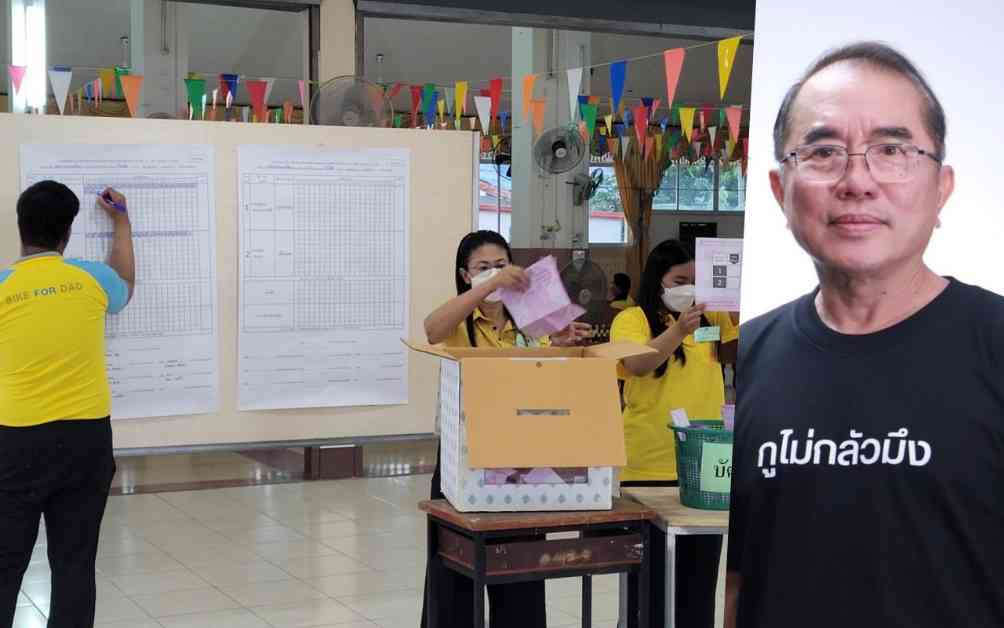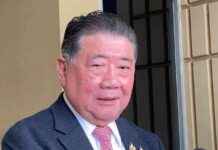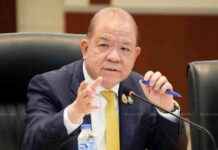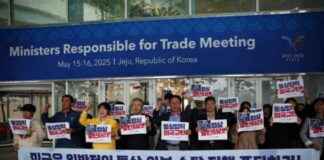Pichai Phitsanulok Nominated for High Vote Reflects Divided People, Not ‘Government-Opposition’
The recent nomination of Pichai Phitsanulok in the election for Phitsanulok District 1 has sparked a significant debate among the people of Thailand. While Pichai Phitsanulok, a former member of the Pheu Thai Party, emerged as the winner with 37,209 votes compared to 30,640 votes for the opposing party, the margin of 7,261 “vote no” ballots has shed light on the division within the electorate. This phenomenon reflects a sentiment of discontent and disillusionment among the voters, indicating that the traditional binary of government versus opposition may no longer accurately represent the political landscape in Thailand.
Analysis of the Election Results
The election results in Phitsanulok District 1 have revealed a complex picture of the political preferences of the voters. While Pichai Phitsanulok secured a higher number of votes than the opposing party, the substantial number of “vote no” ballots indicates a level of dissatisfaction among the electorate. This trend suggests that voters are not solely aligning themselves with either the government or the opposition but are instead expressing a nuanced view that transcends traditional party lines.
The significant turnout of 54.95% further emphasizes the importance of the election in Phitsanulok District 1. With more than half of the eligible voters participating in the electoral process, it is evident that the outcome of this election holds significant implications for the political landscape in the region. The emergence of Pichai Phitsanulok as the frontrunner, coupled with the substantial number of “vote no” ballots, underscores the diverse opinions and perspectives within the electorate.
Implications for the Future
The outcome of the election in Phitsanulok District 1 serves as a wake-up call for both the Pheu Thai Party and the opposition party. The high number of “vote no” ballots indicates a growing sense of disillusionment and frustration among the voters, demanding a more responsive and accountable political leadership. It is imperative for both parties to listen to the voices of the electorate and address their concerns effectively to regain the trust and confidence of the people.
The concept of “vote no” as a form of protest vote signifies a desire for change and reform within the political system. By casting their ballots in this manner, the voters in Phitsanulok District 1 have sent a clear message to the political establishment that they are dissatisfied with the status quo and demand tangible improvements in governance and representation. It is essential for the political parties to heed this call for change and work towards rebuilding the trust and support of the electorate.
Conclusion
The nomination of Pichai Phitsanulok in the election for Phitsanulok District 1 has highlighted the deep-seated divisions and discontent within the electorate. The significant number of “vote no” ballots reflects a nuanced and complex political landscape that transcends traditional party lines. It is crucial for the political parties to acknowledge and address the concerns of the voters to foster a more inclusive and responsive political environment. Only by listening to the voices of the people and working towards meaningful reforms can the political parties regain the trust and confidence of the electorate.



















